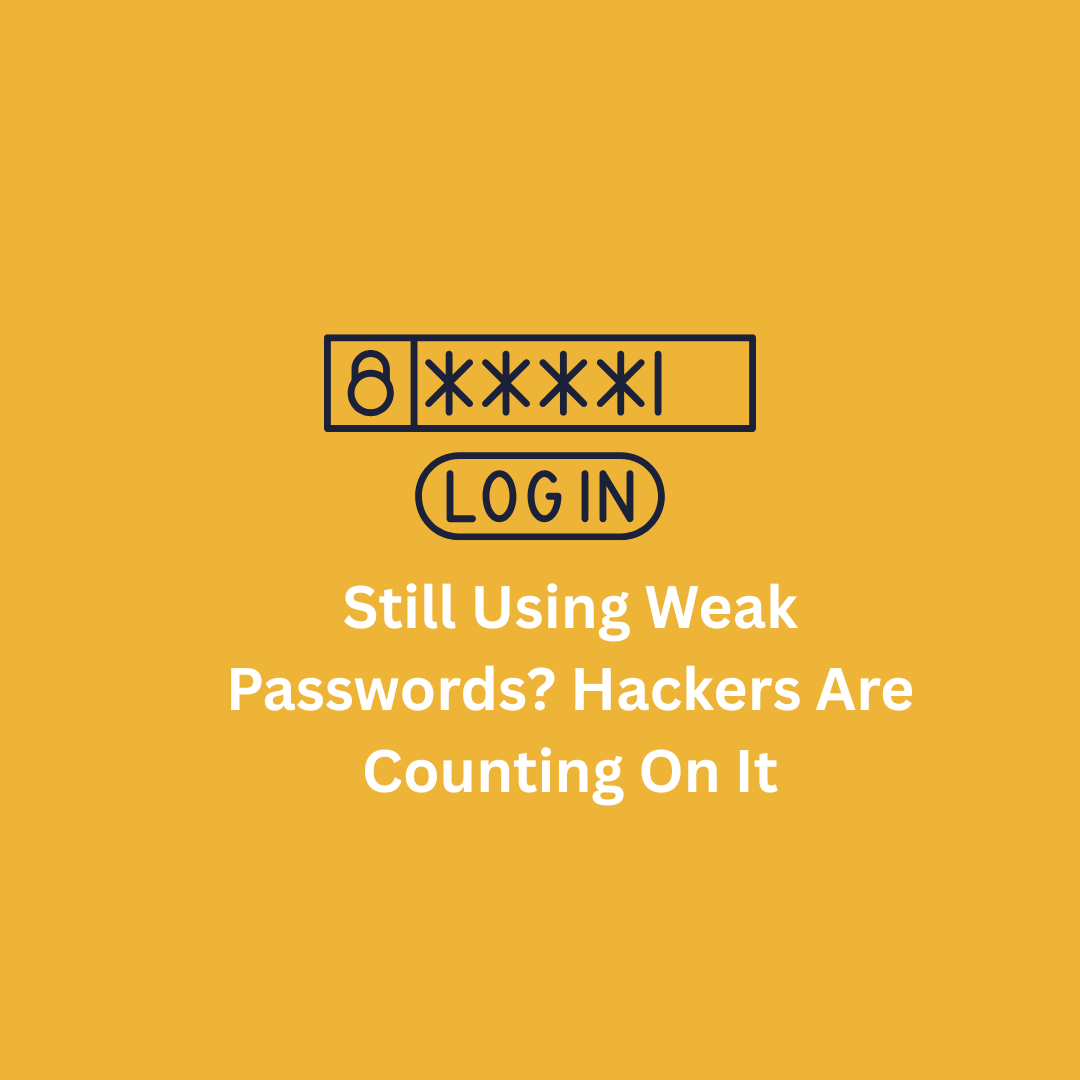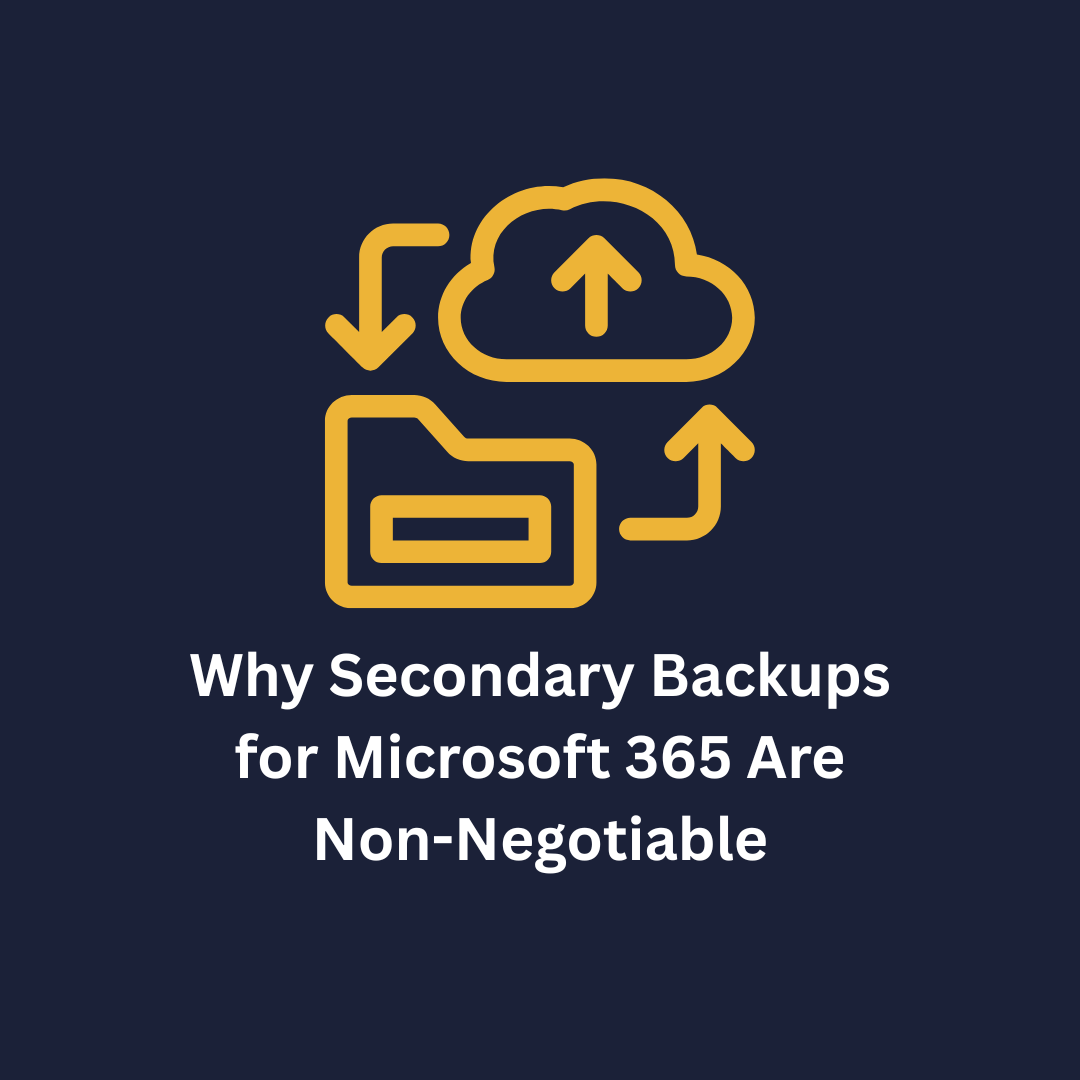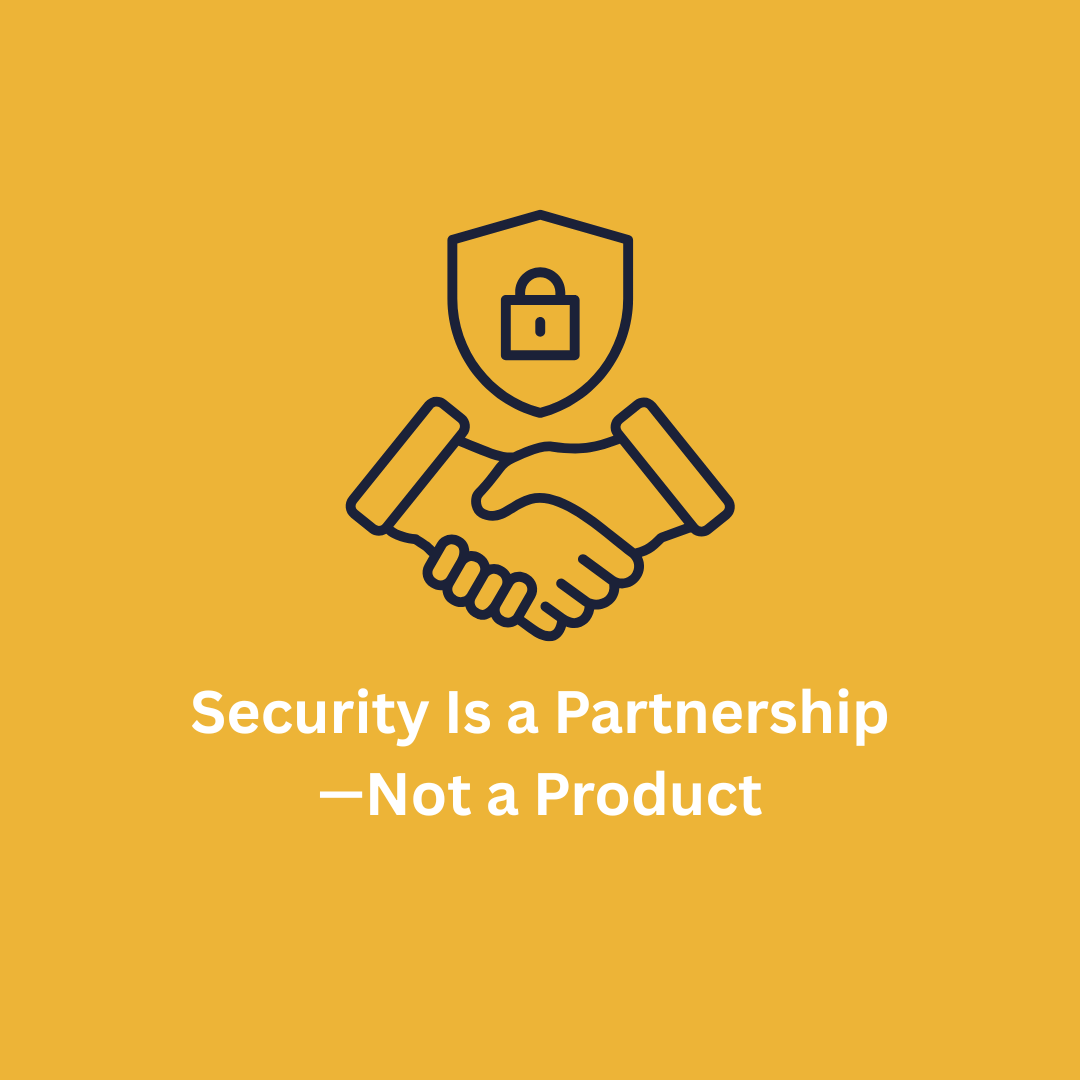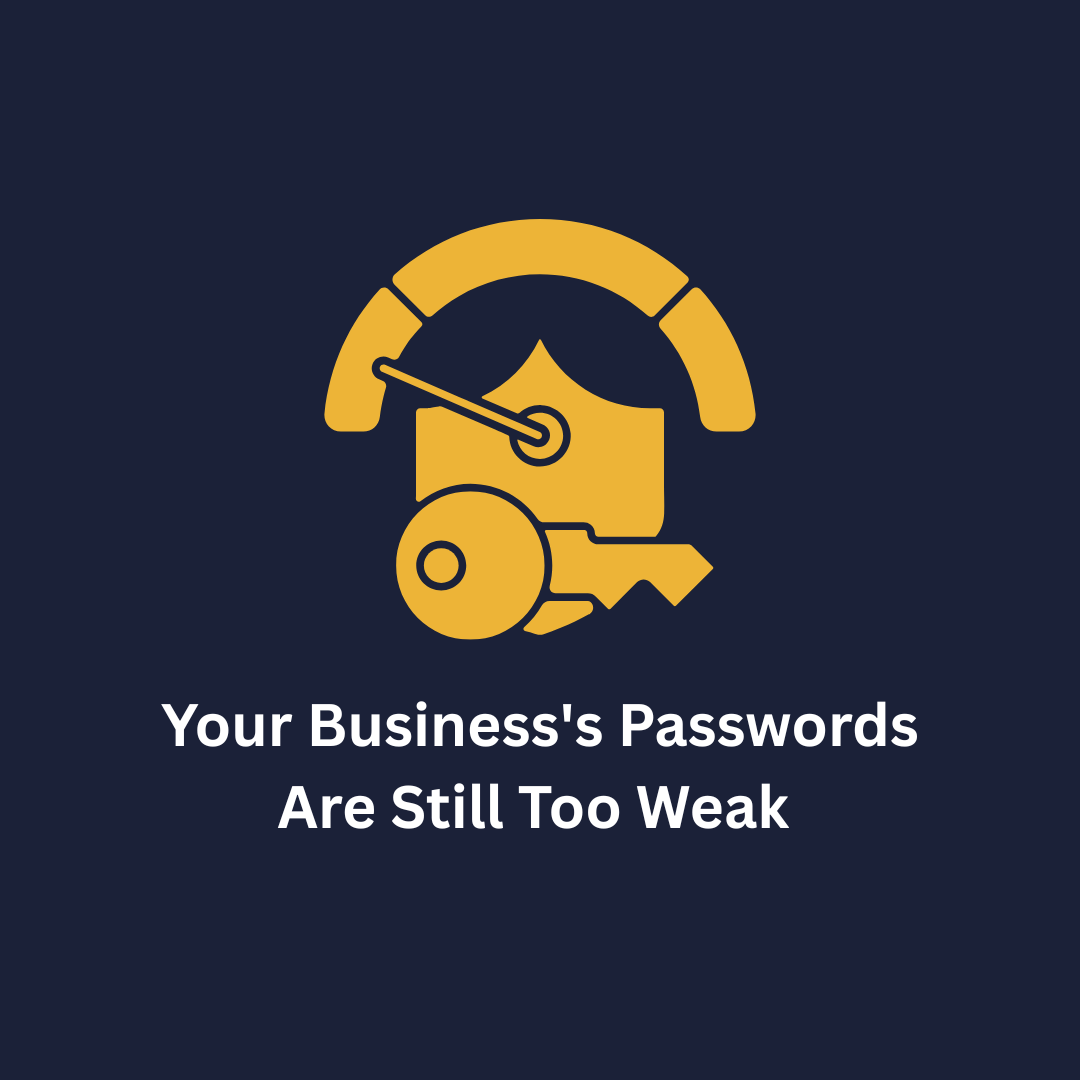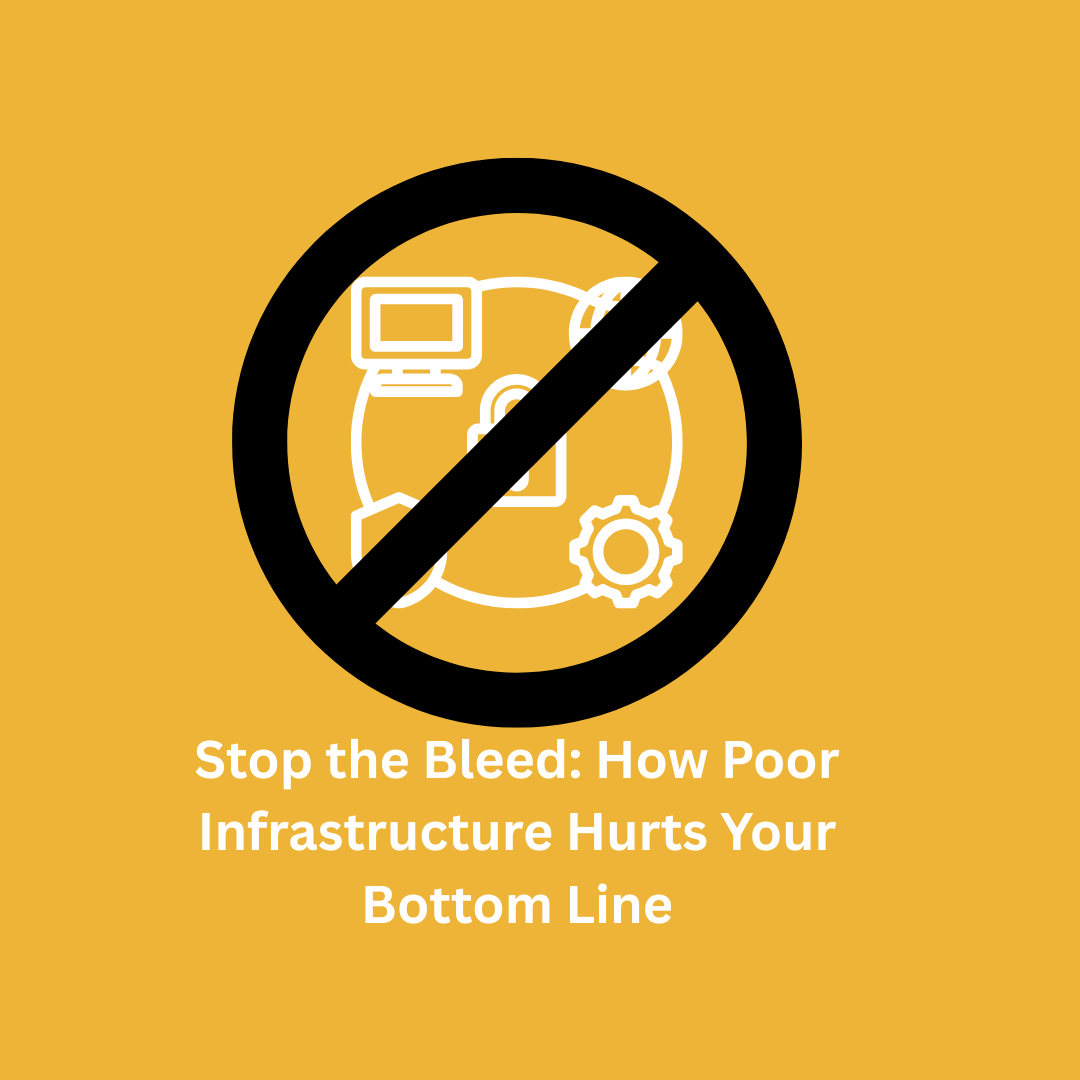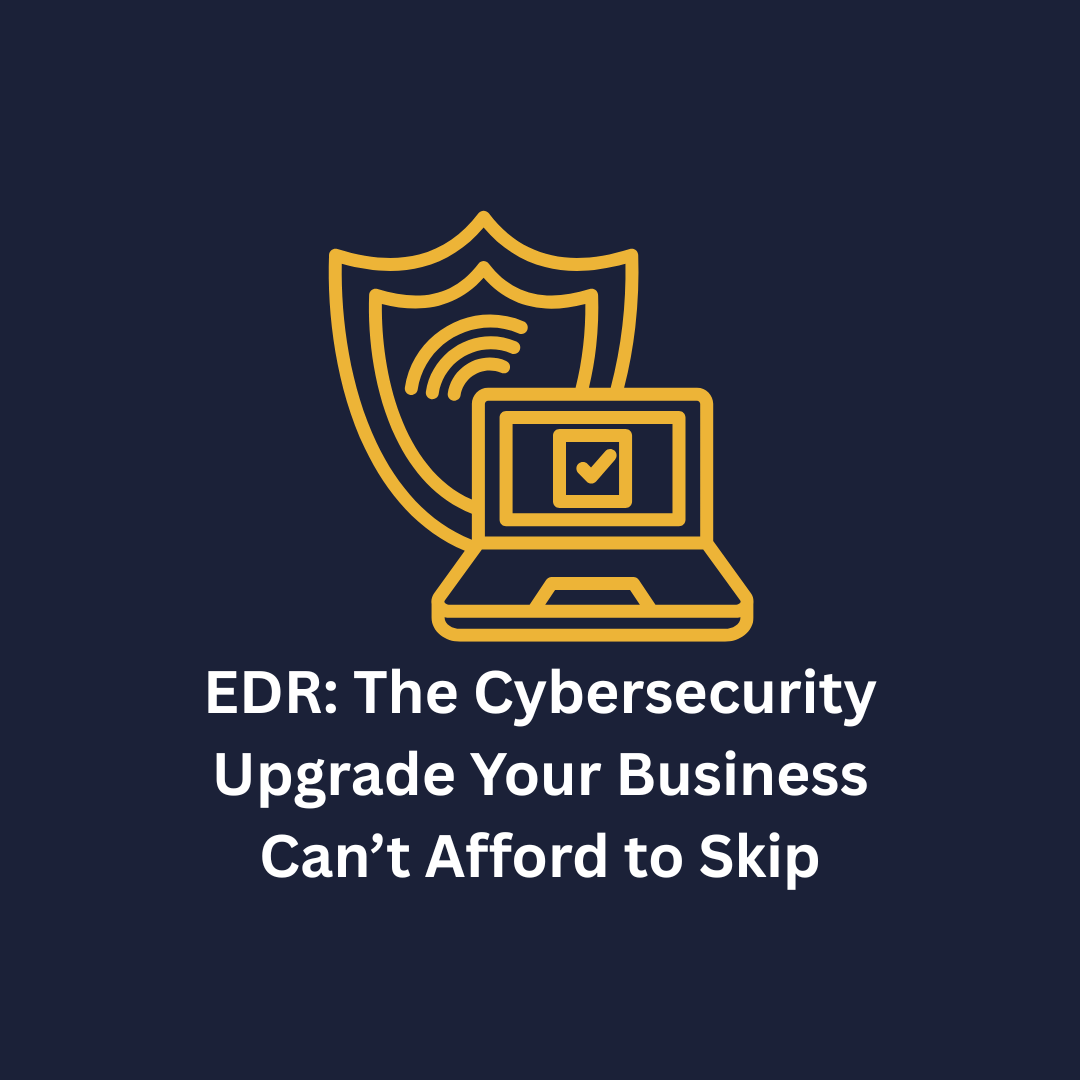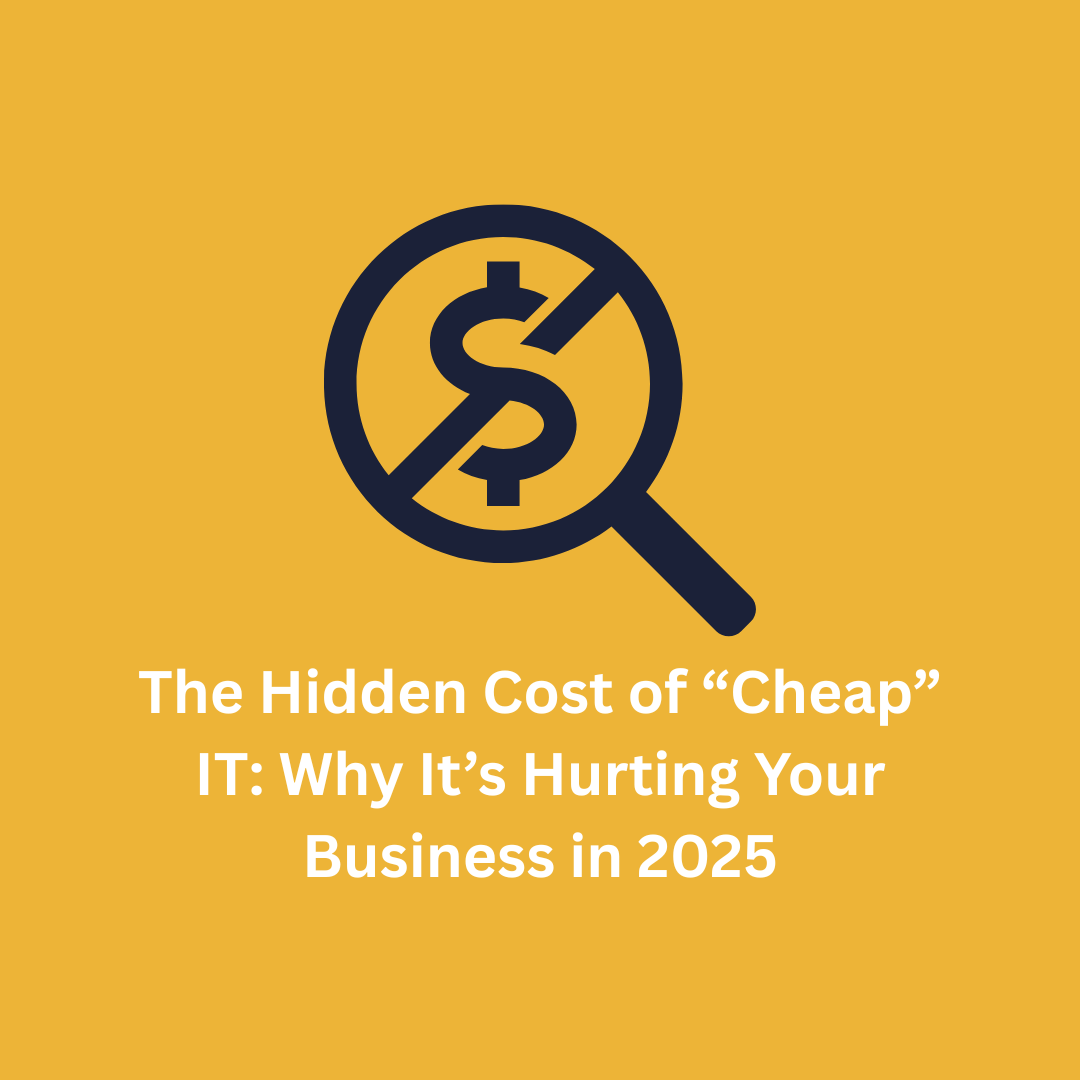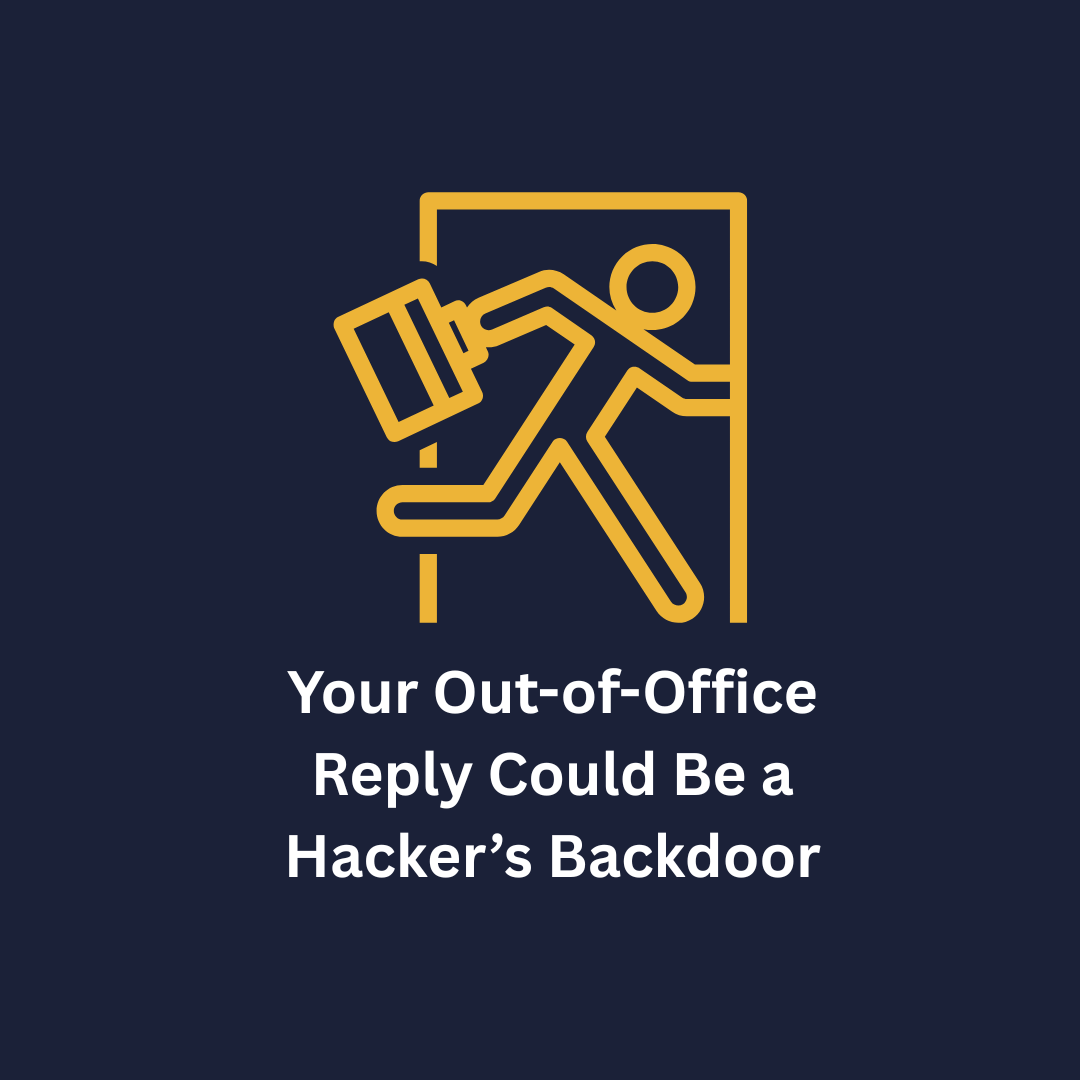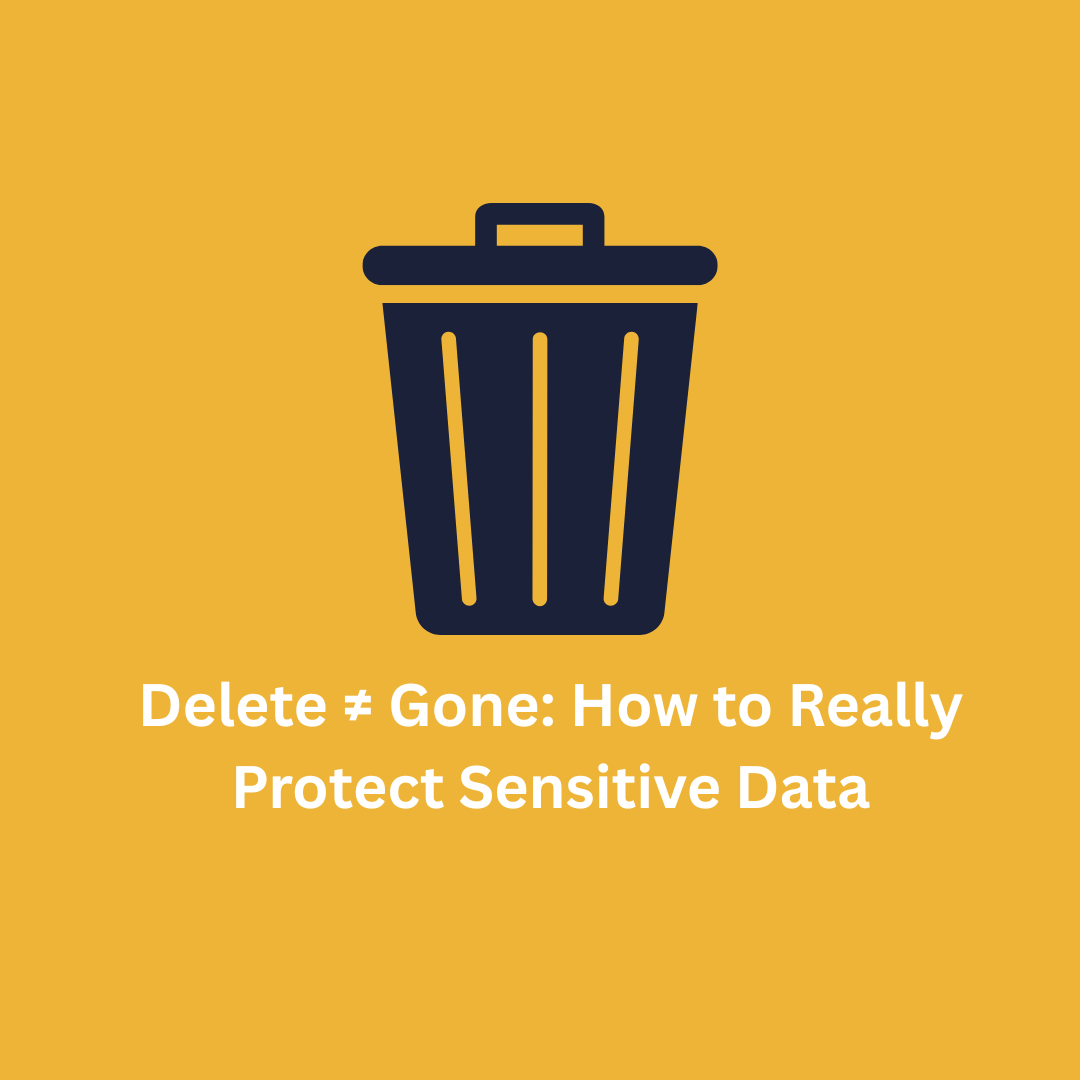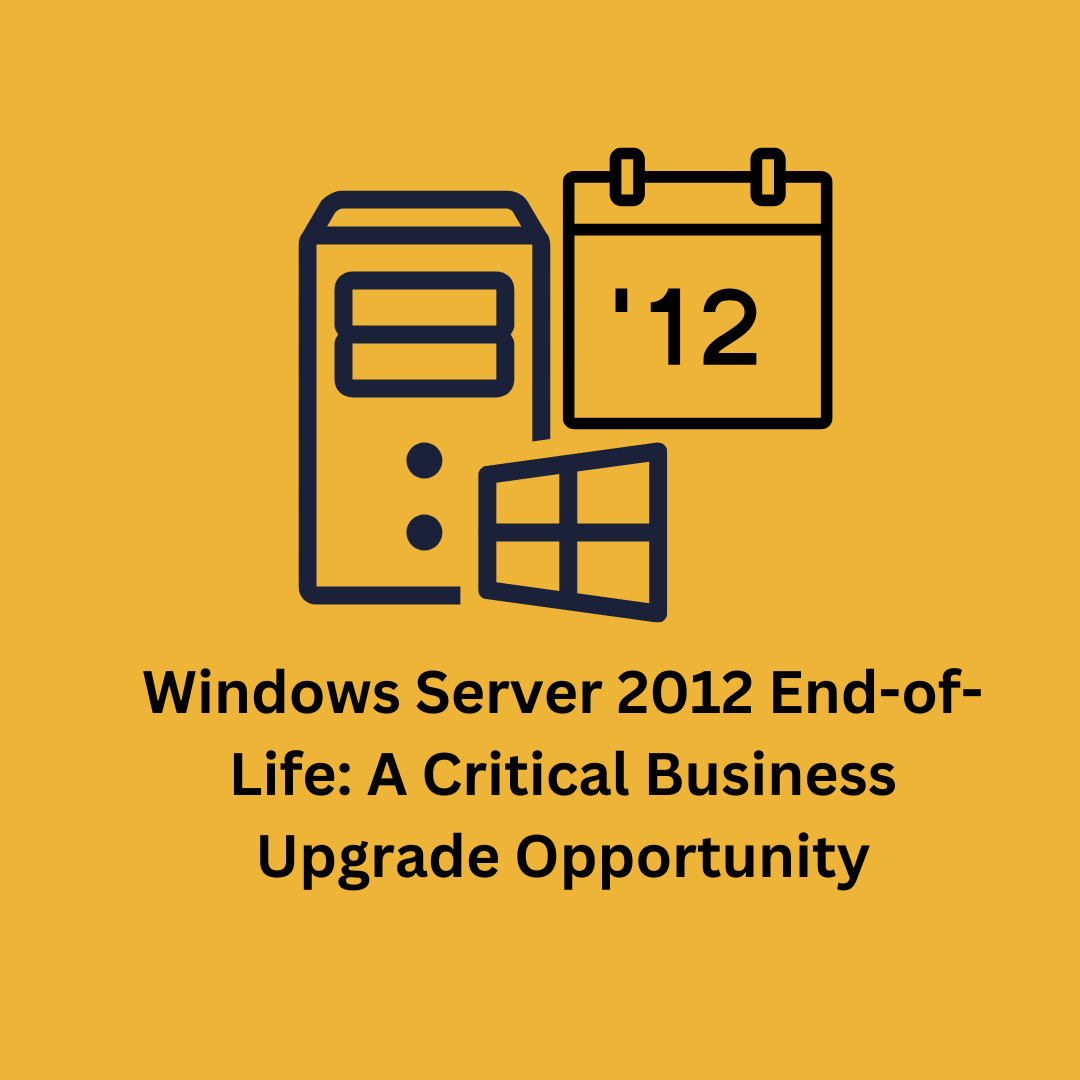5 Common Computer Myths Debunked
Urban myths would have us believe in Big Foot or that lizard people rule the world. Common misconceptions about computers are as persistent. Here are five IT myths debunked for your benefit.
A slow-running computer is likely a virus.
A virus can be to blame. Spyware or other malware can also cause a computer to slow down, but there are other reasons your computer might run slower:
1. You may have a lot of programs that start up when you boot up the computer. You could remove or disable programs that start every time.
2. The computer has gone into power save mode every night, but you have not rebooted the computer in a long time.
3. There are too many programs running in the background. On a Windows PC, you can go into task manager and see what is running and the computer resources in use.
4. A security utility is running. If it is an antivirus scanner, let the scan finish first, then see if your computer speed improves. You can also set these scans to run in off hours.
5. Temporary files are taking up too much hard drive space. Your computer needs at least 15% of free space on the hard drive to be able to move and manage files.
6. Your computer does not have enough RAM to run programs within memory. If your computer swaps information on the hard drive to get more memory, it is going to work slower.
7. The computer is too old. You may need to upgrade to a computer that can handle current software needs without slowing to a snail's pace. The average useful lifespan of a computer is 3-5 years. If you choose low end computers, the lifespan will be decreased significantly.
Apple Computers do not get viruses.
Many Apple owners believe their computers are immune to viruses. If only. Macs do get viruses; however, they get targeted less than PCs. Why? More computers are running Windows, which means a bigger, easier target for cybercriminals.
As Apple’s market share rises, the threat to Macs is growing. Apple protects its users from malware. You still need to use caution with downloads and when clicking on links from unknown sources.
My Windows registry needs cleaning up.
According to registry cleaners, scanning your registry speeds up the computer. It also avoids error messages. The cleaner finds unused registry keys and any malware remnants for removal.
But let us consider the fact that Microsoft has not released its own registry cleaner. Why not? Because it is unnecessary. Worse still, going in to clean your registry (when you do not know what you are doing) can do considerable damage.
My laptop battery needs to be dead before I recharge if I want it to last longer.
This was once true. Nickel-cadmium batteries suffered from “memory effect.” If emptied and recharged to the same point, they would remember that point in the future.
Now, laptops come with lithium-ion (or Li-ion) batteries. They do not suffer from this memory effect. In fact, they function better with some residual power left instead of letting the battery run down to zero.
I do not have anything hackers would want.
Cybersecurity should be a priority for everyone, not only sprawling enterprises. Let us put it this way:
1. Do you have any money?
2. Do you have an identity that a cybercriminal could use to access money or sell for money?
3. Do you work anywhere?
Hackers have all kinds of ways to profit from your data. They hijack your computer’s processing power. They can turn your computer into part of a bot network. Hackers use your information as a bridge into a business's system.
Keep all your computers at top speed with the best security measures in place with the help of our experts. Contact us today at 877-686-6642!


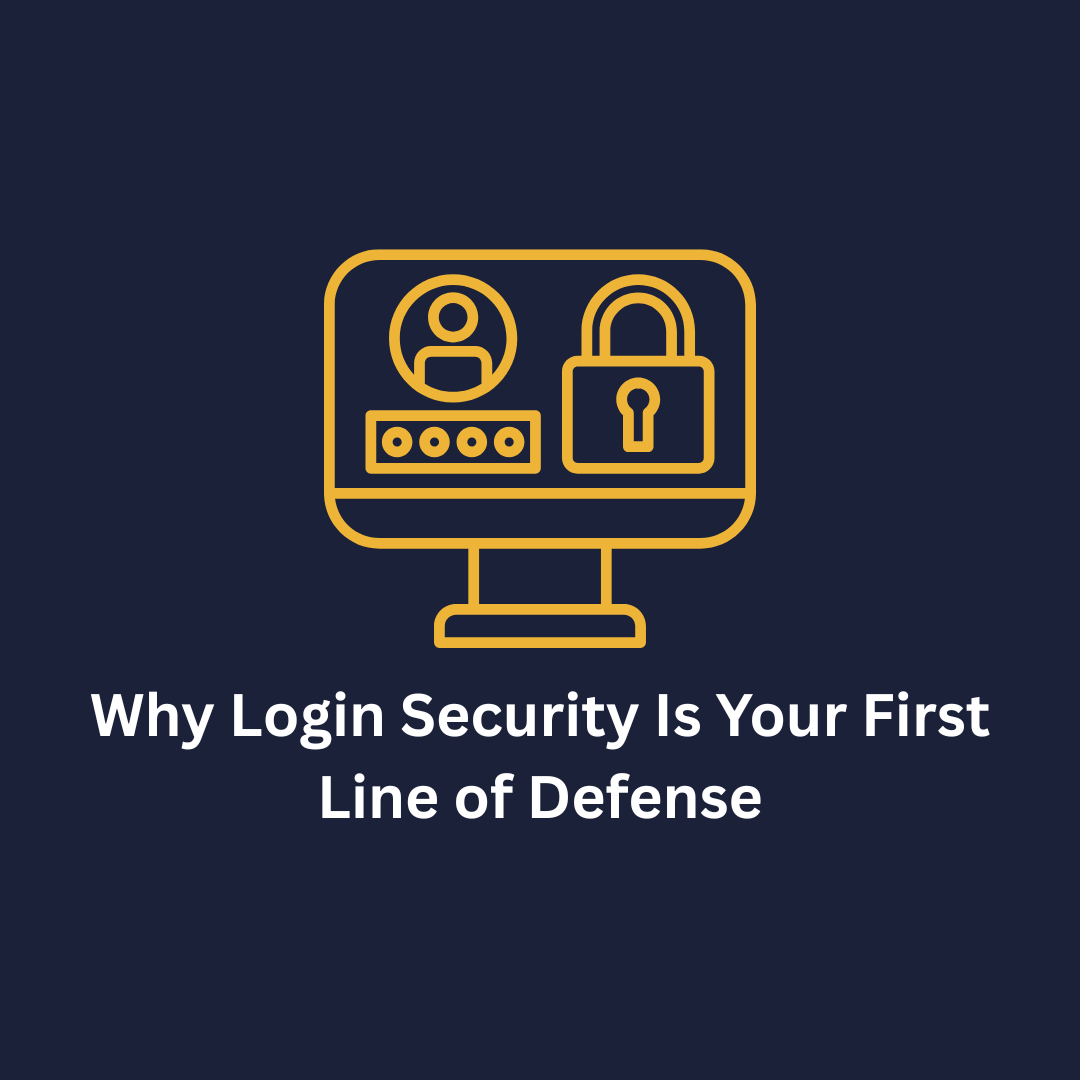
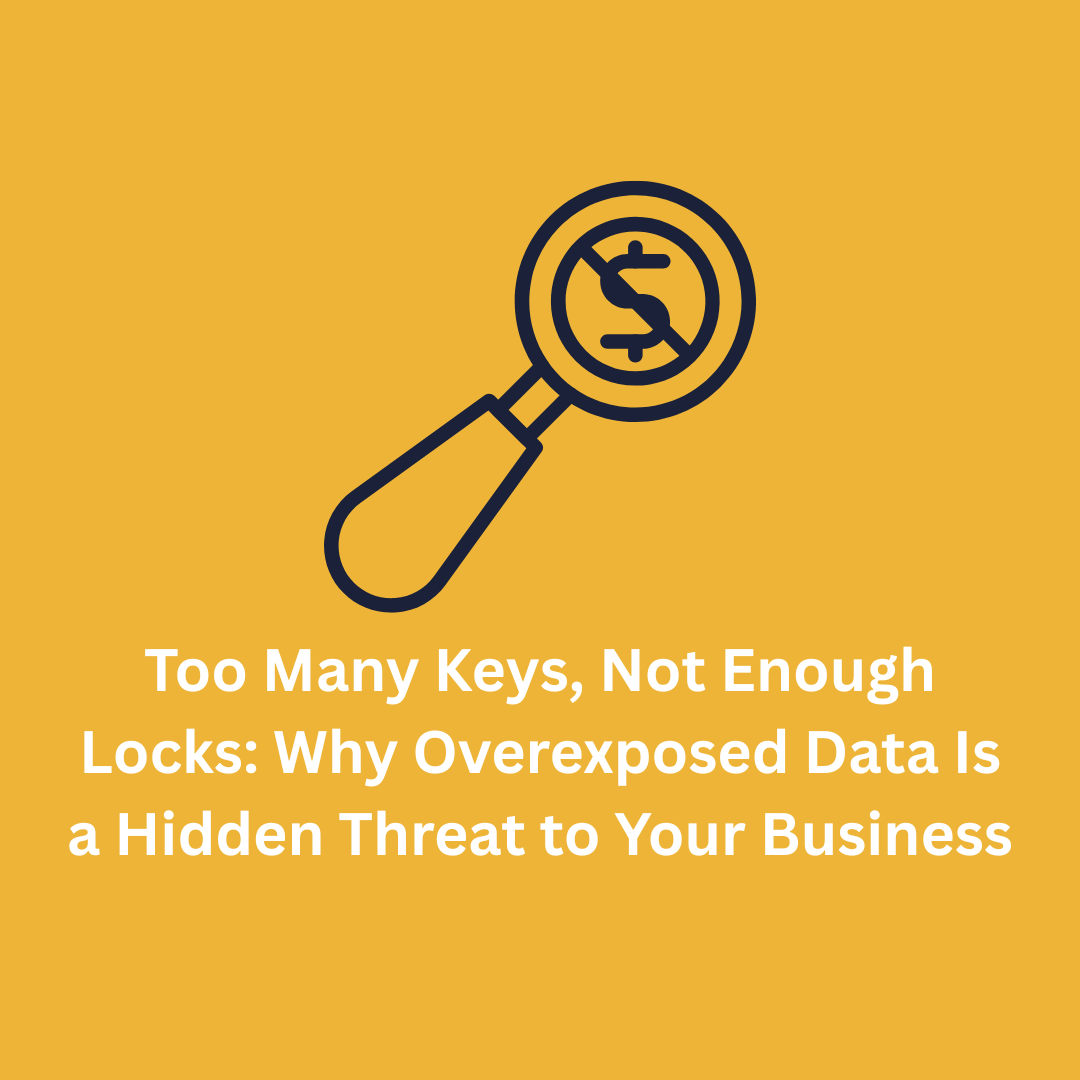
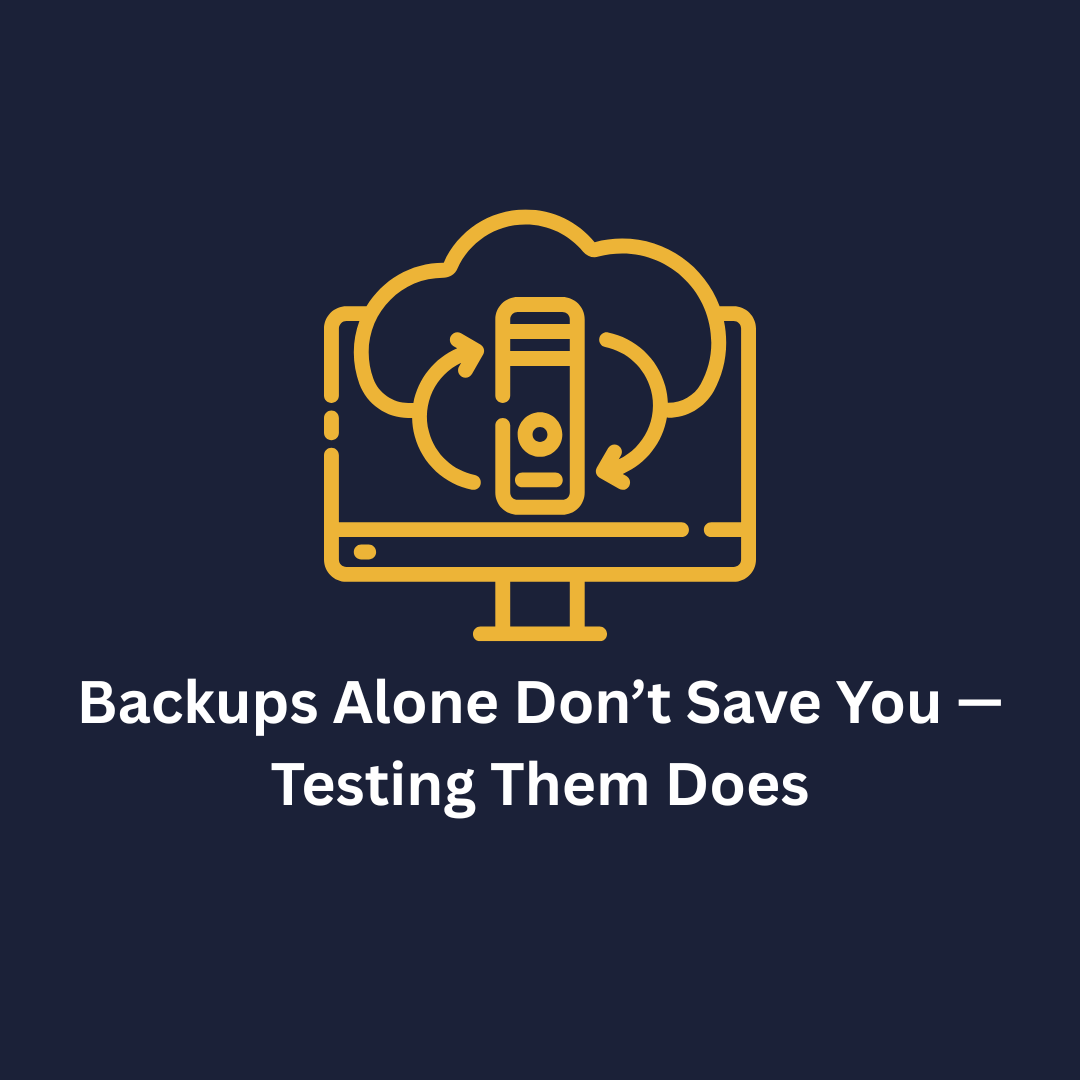
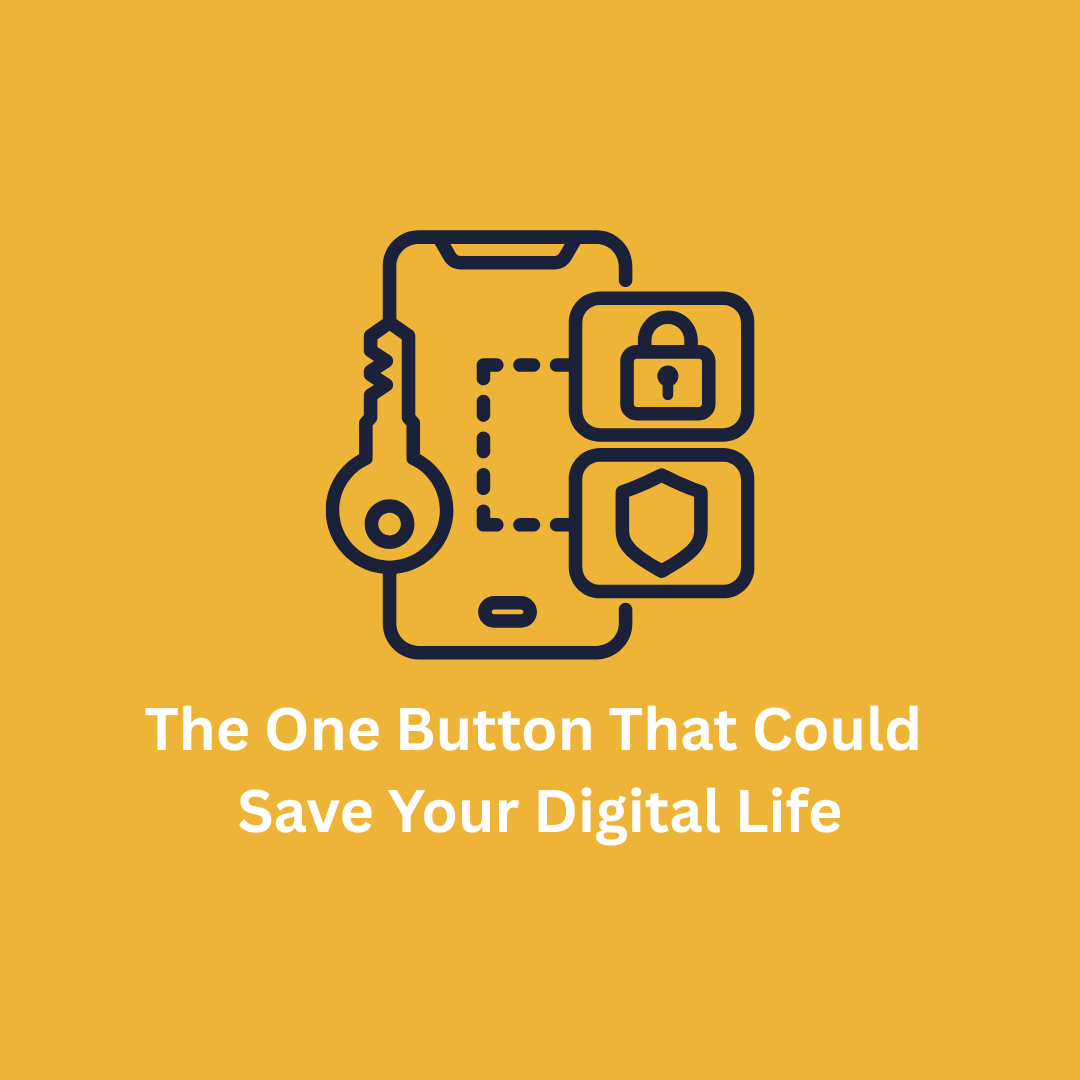
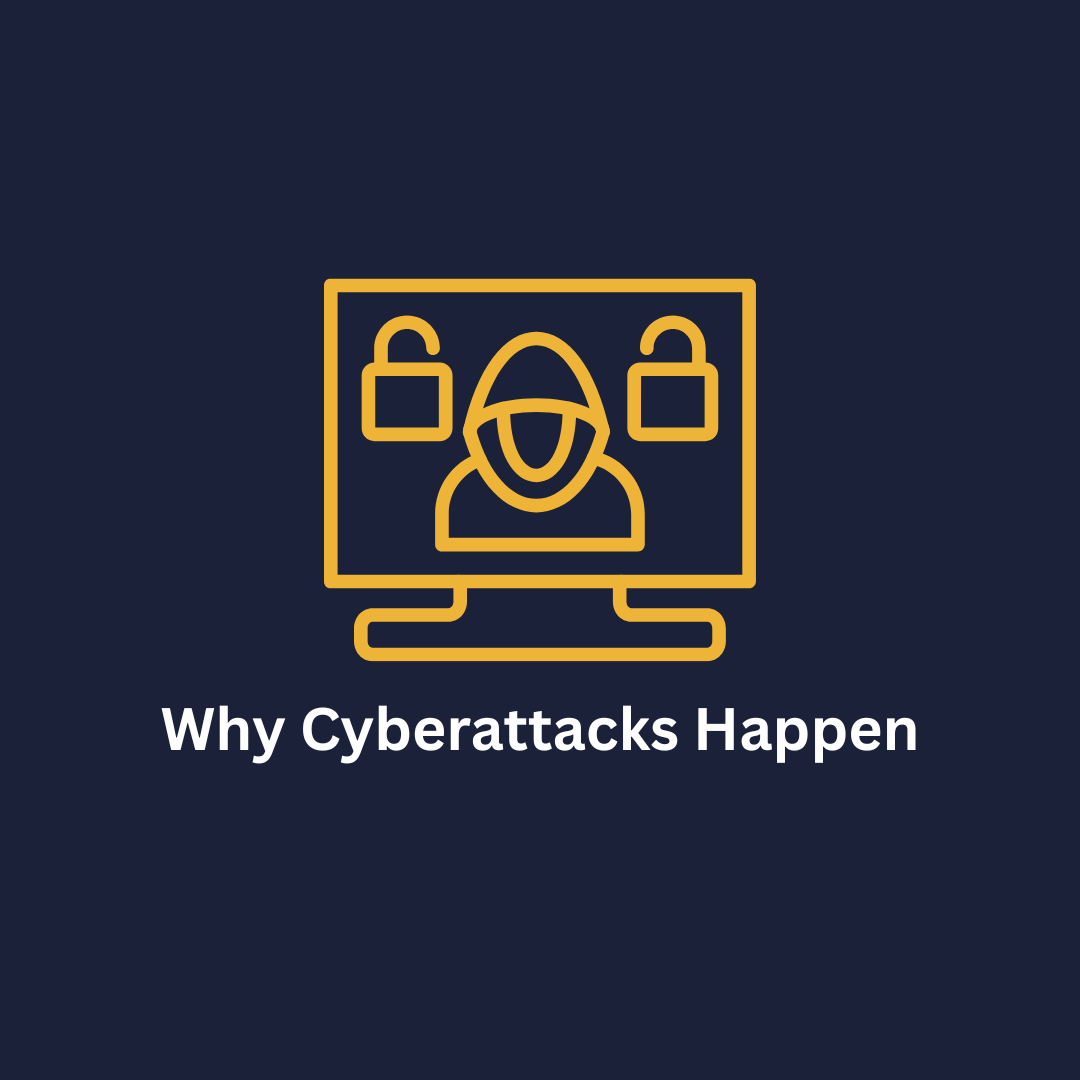

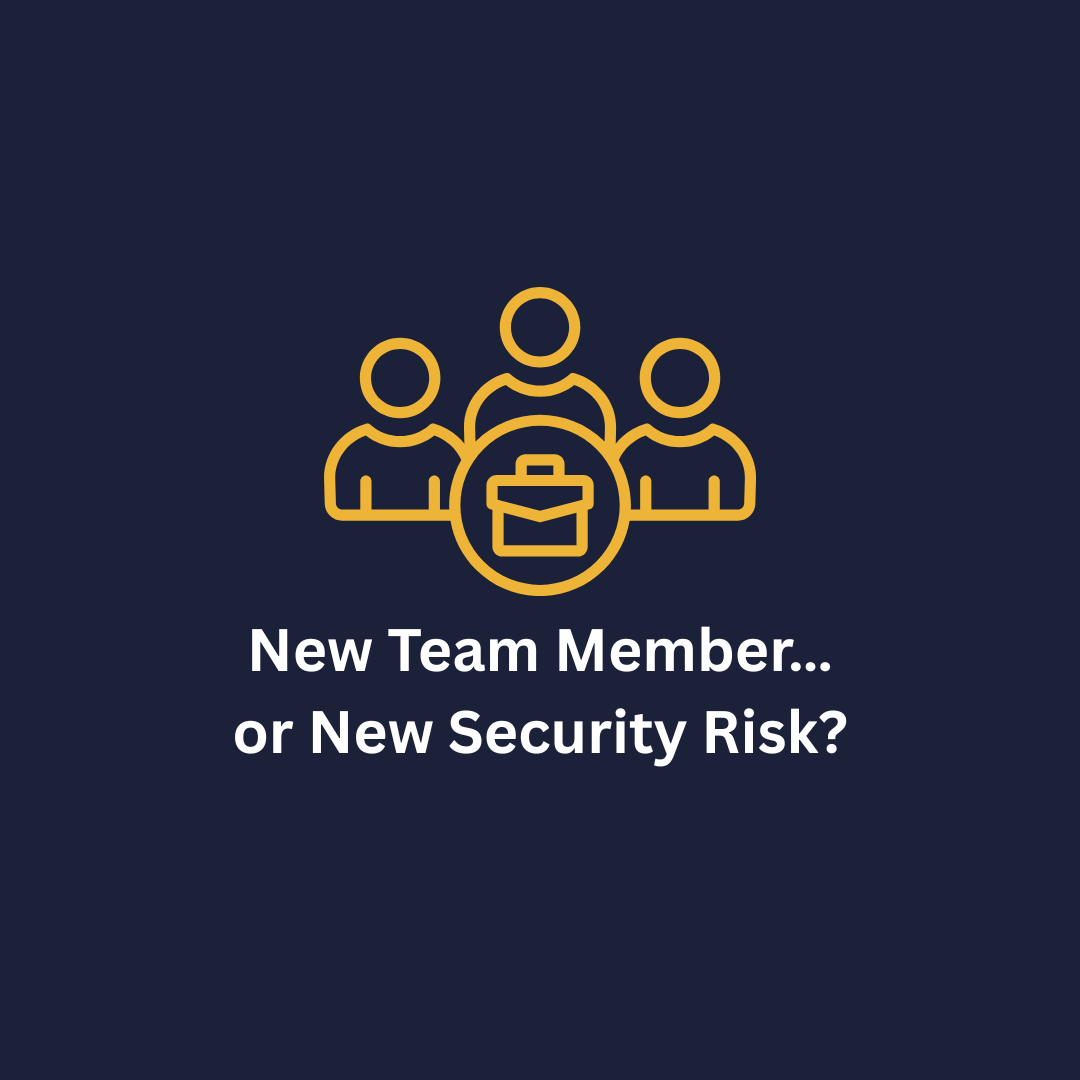
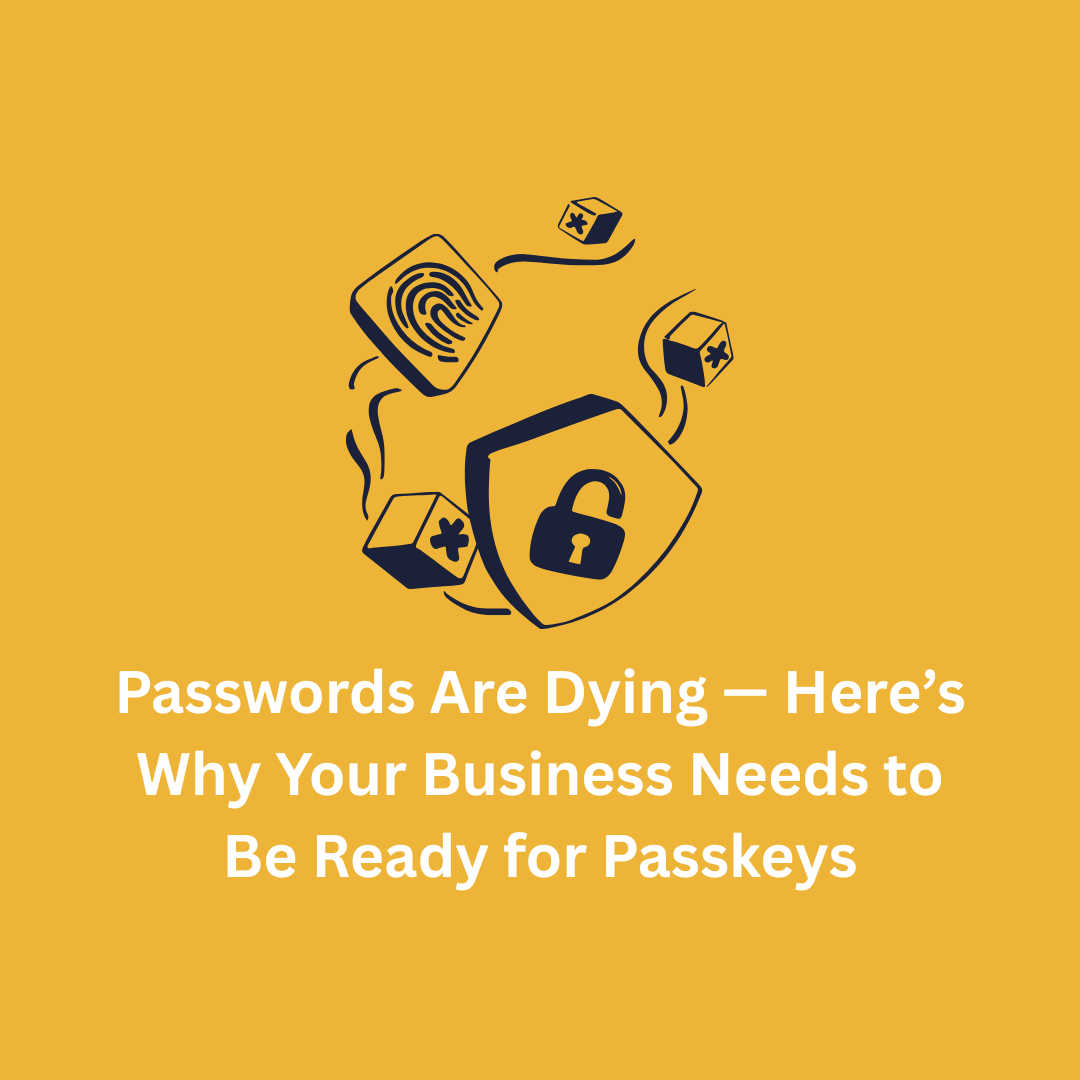
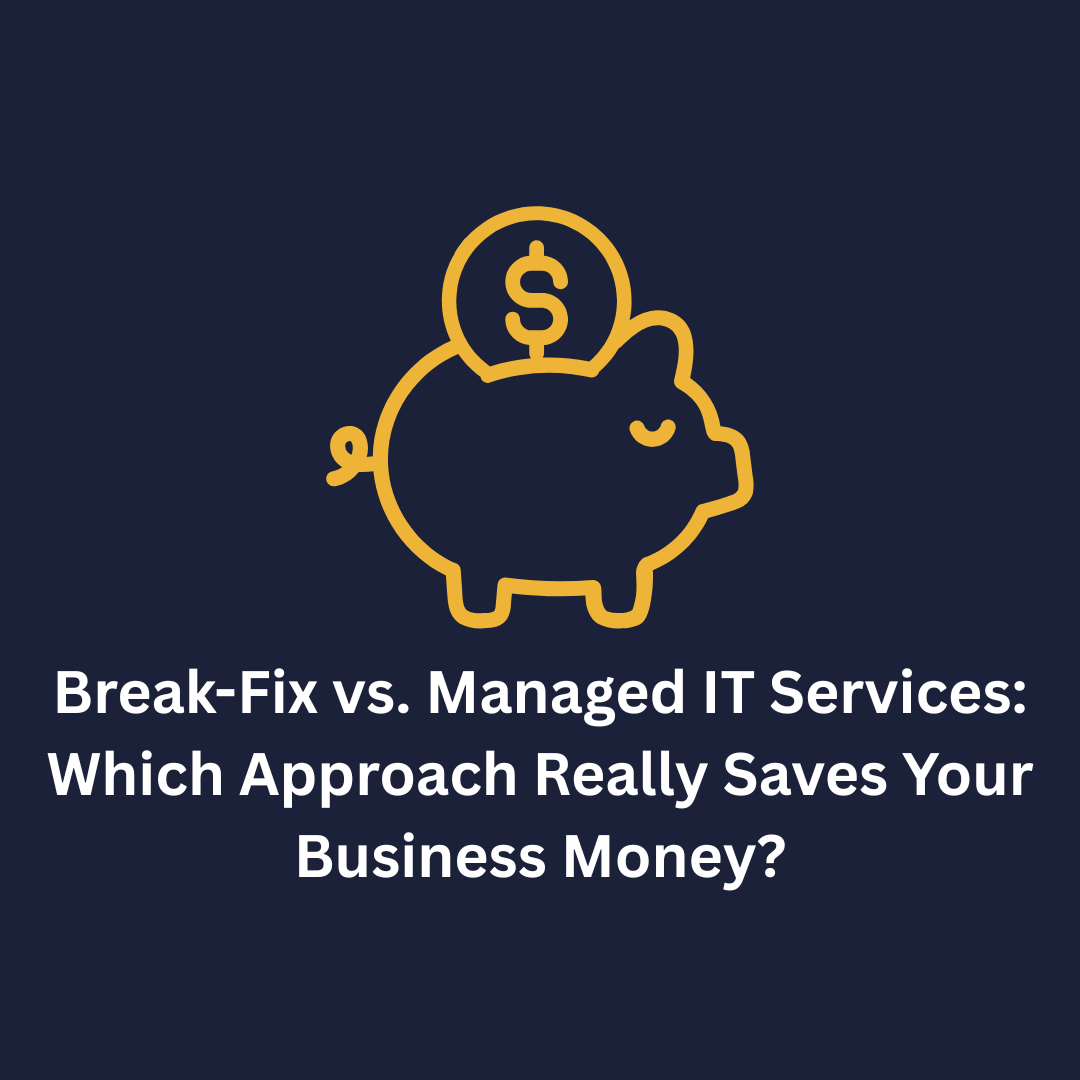
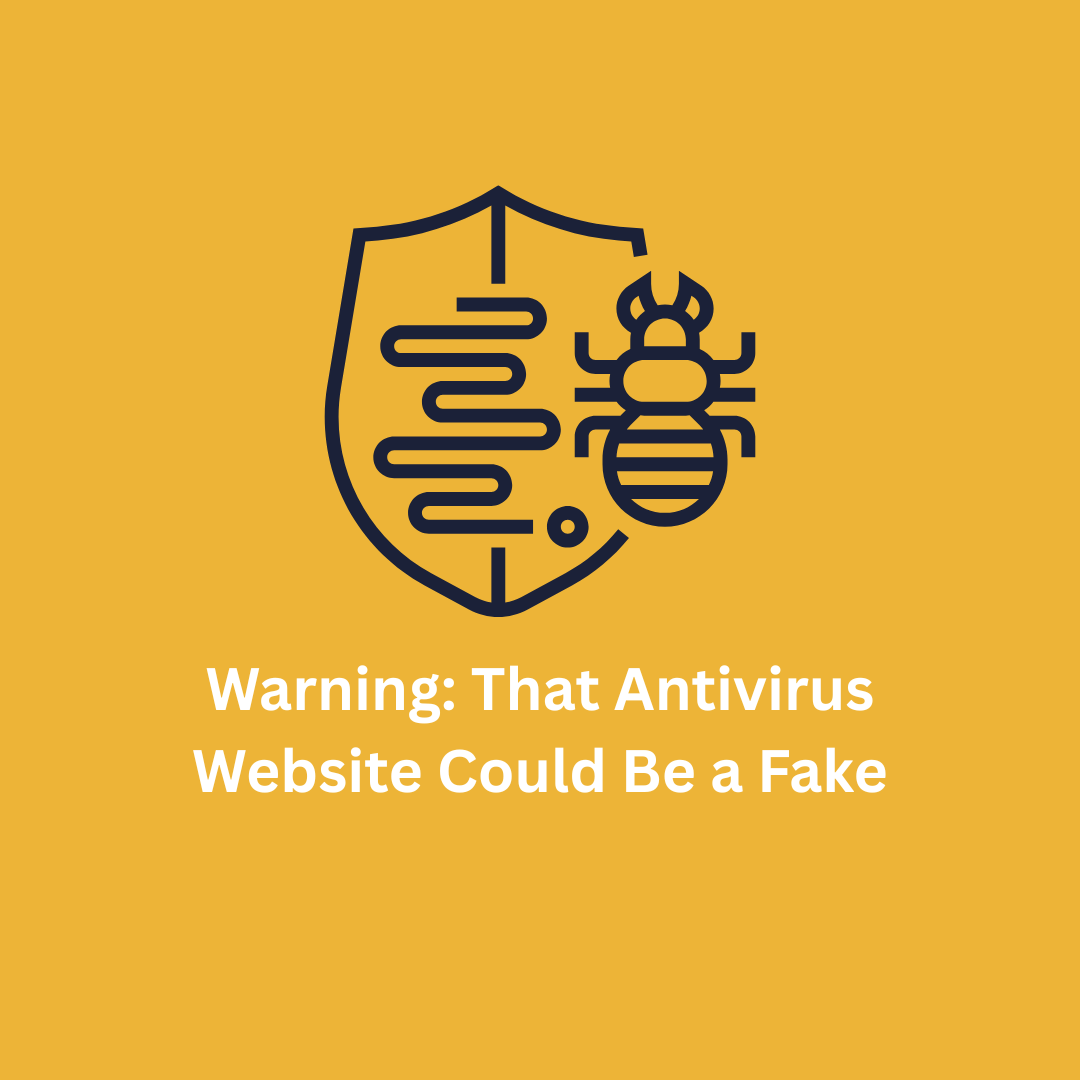

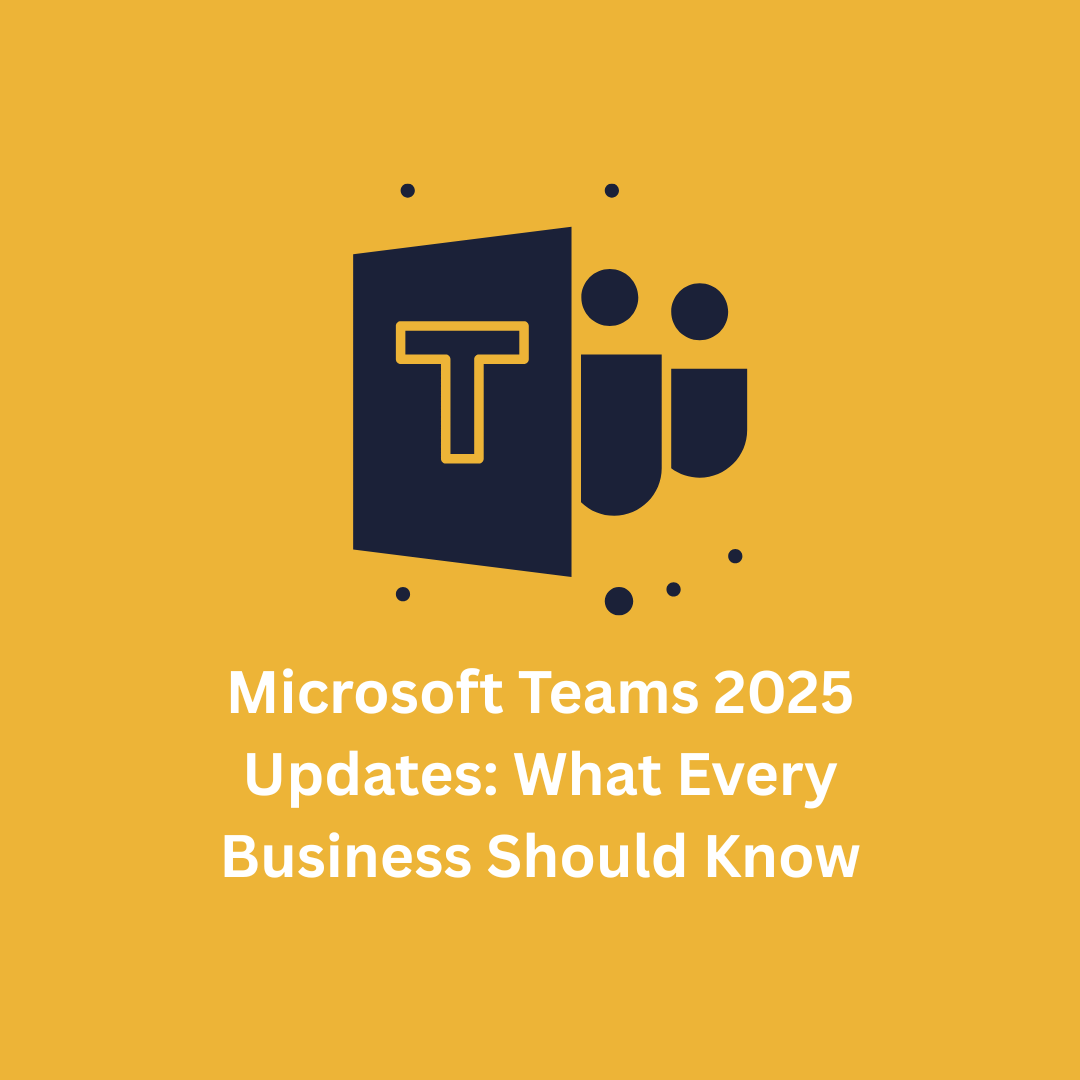
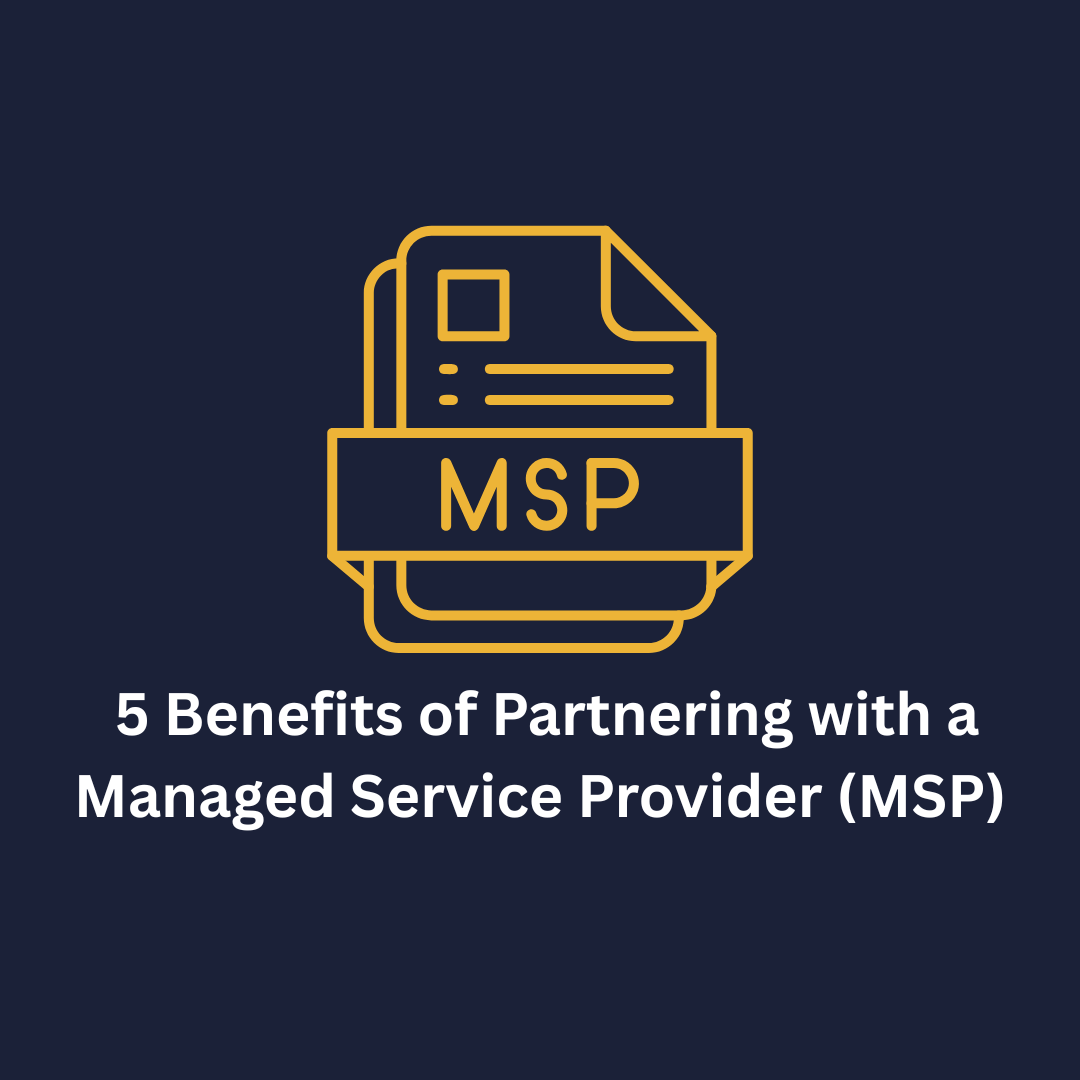
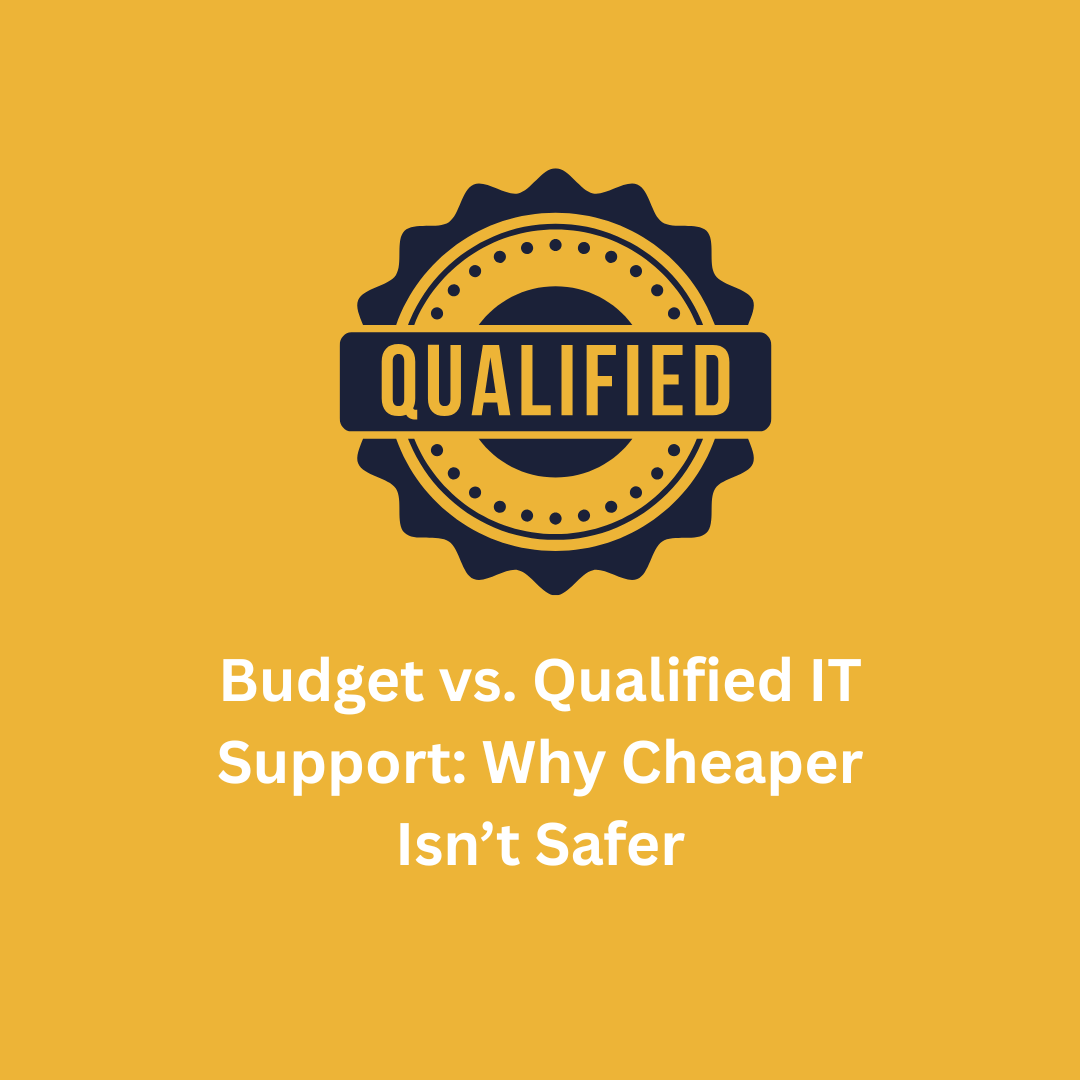
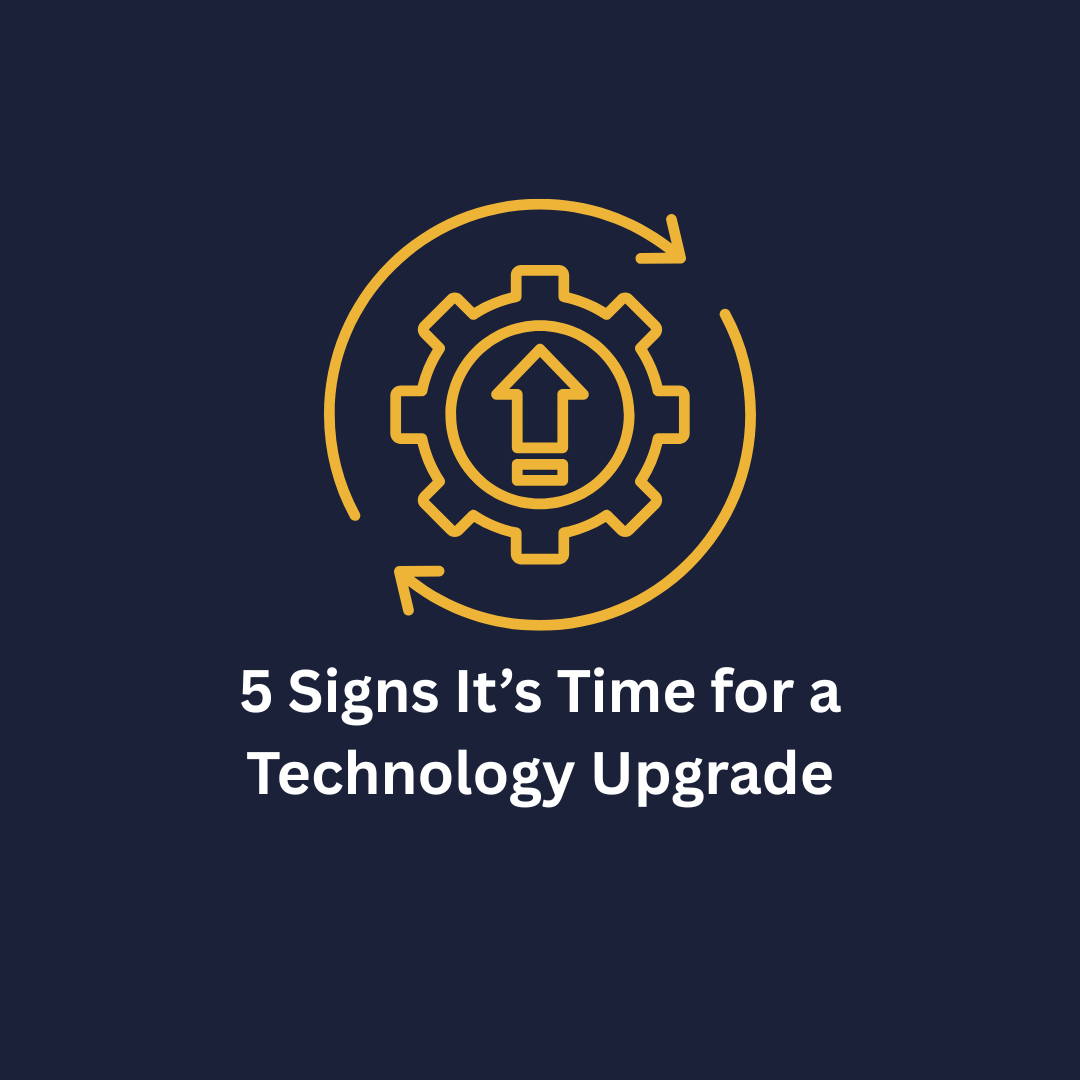

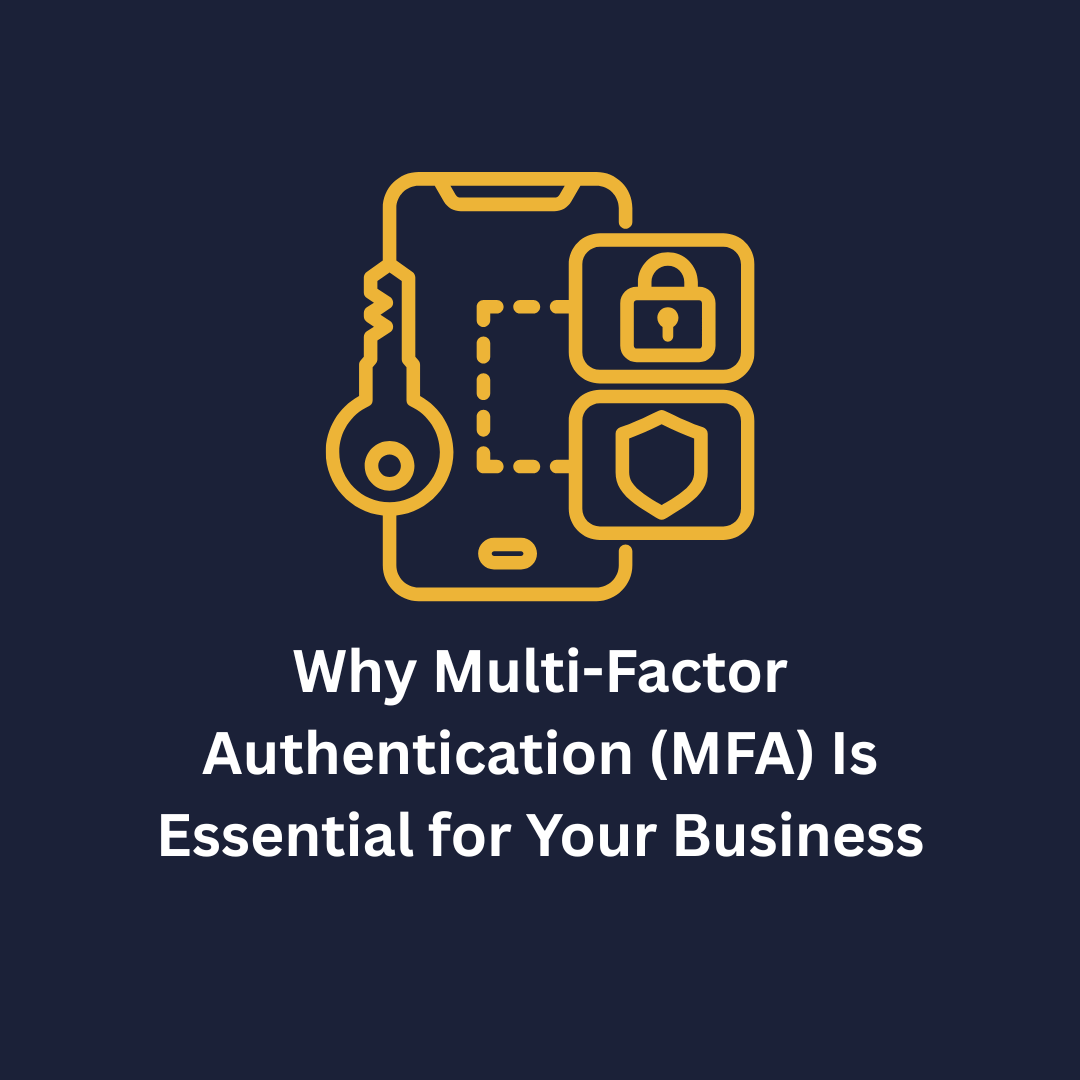
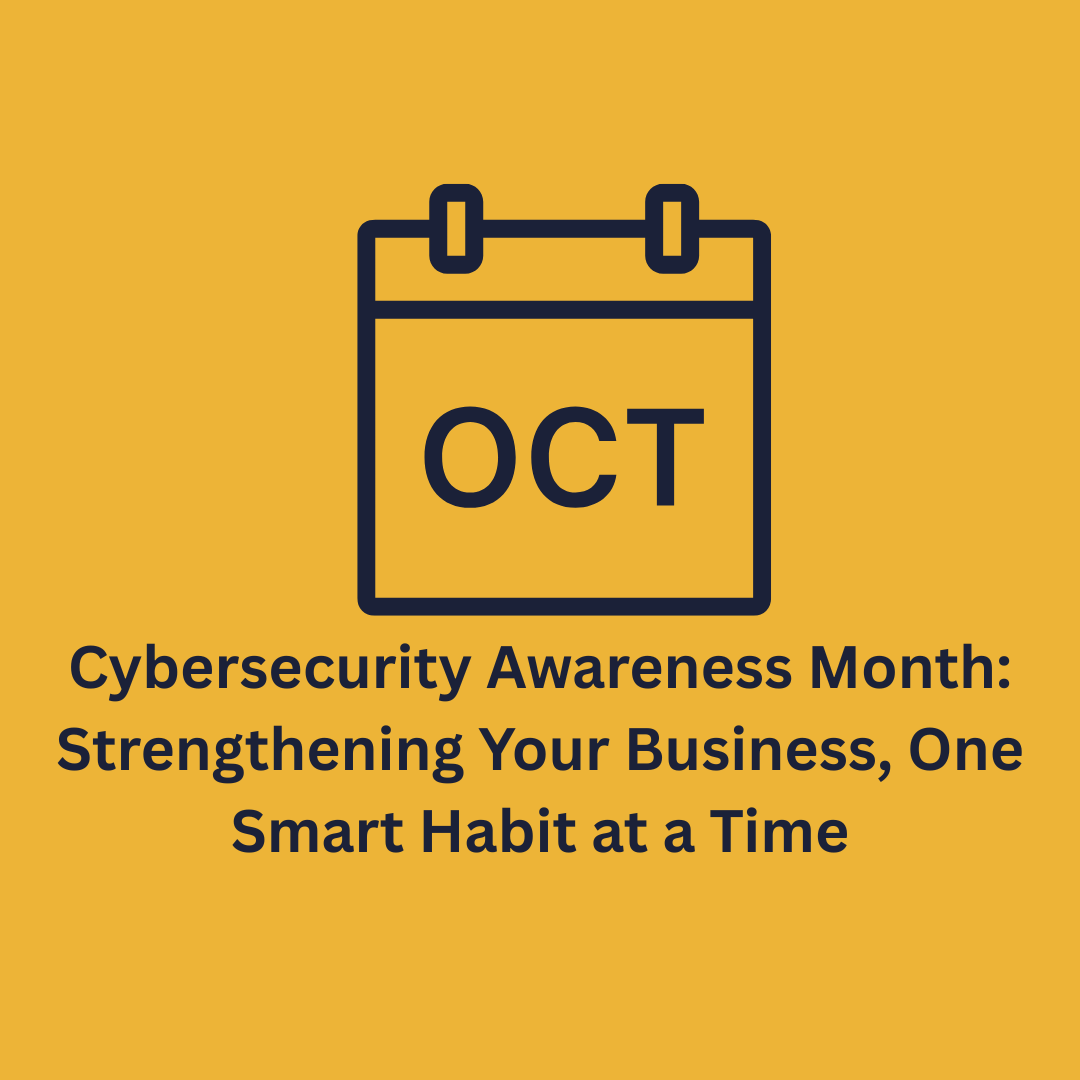
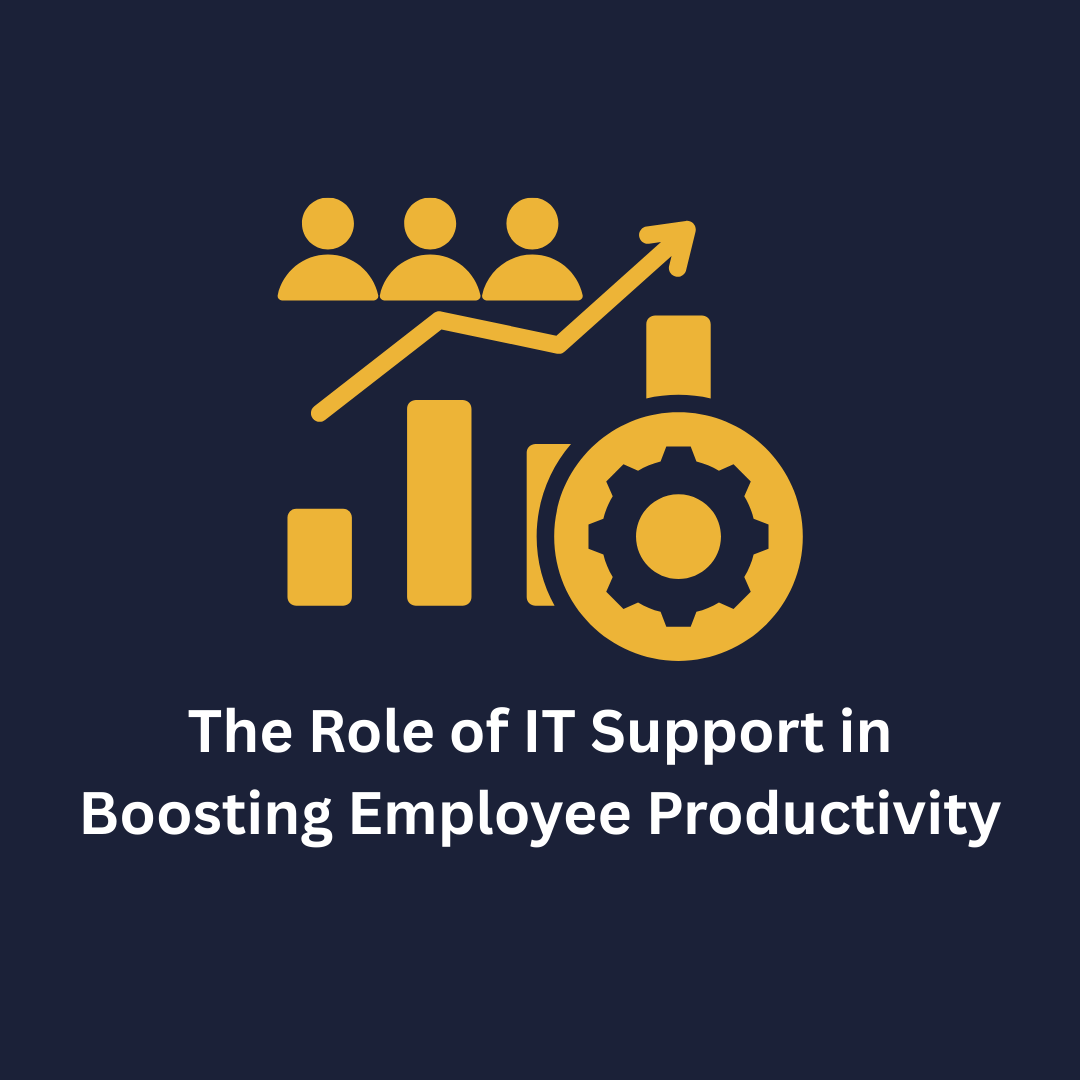
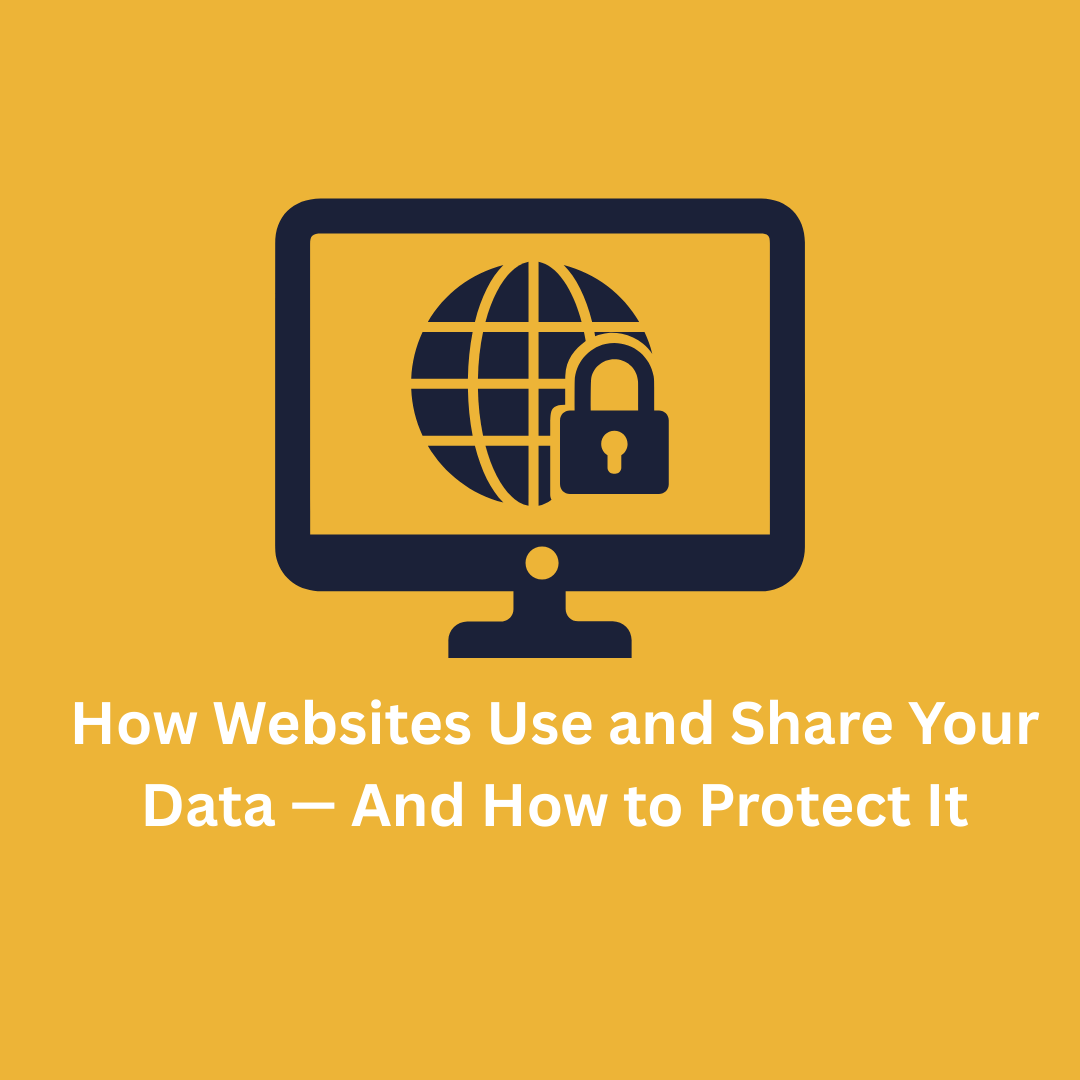

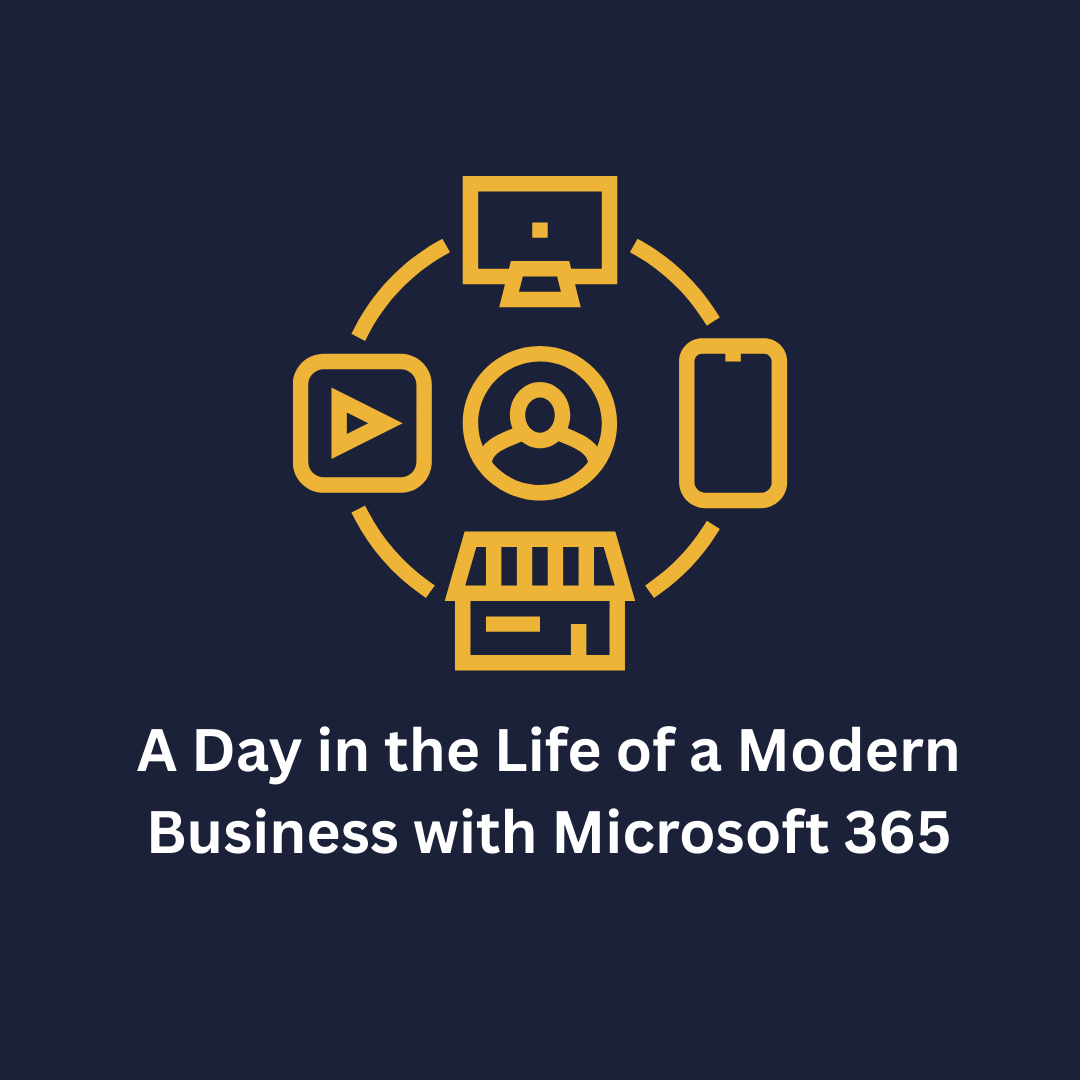
.png)

